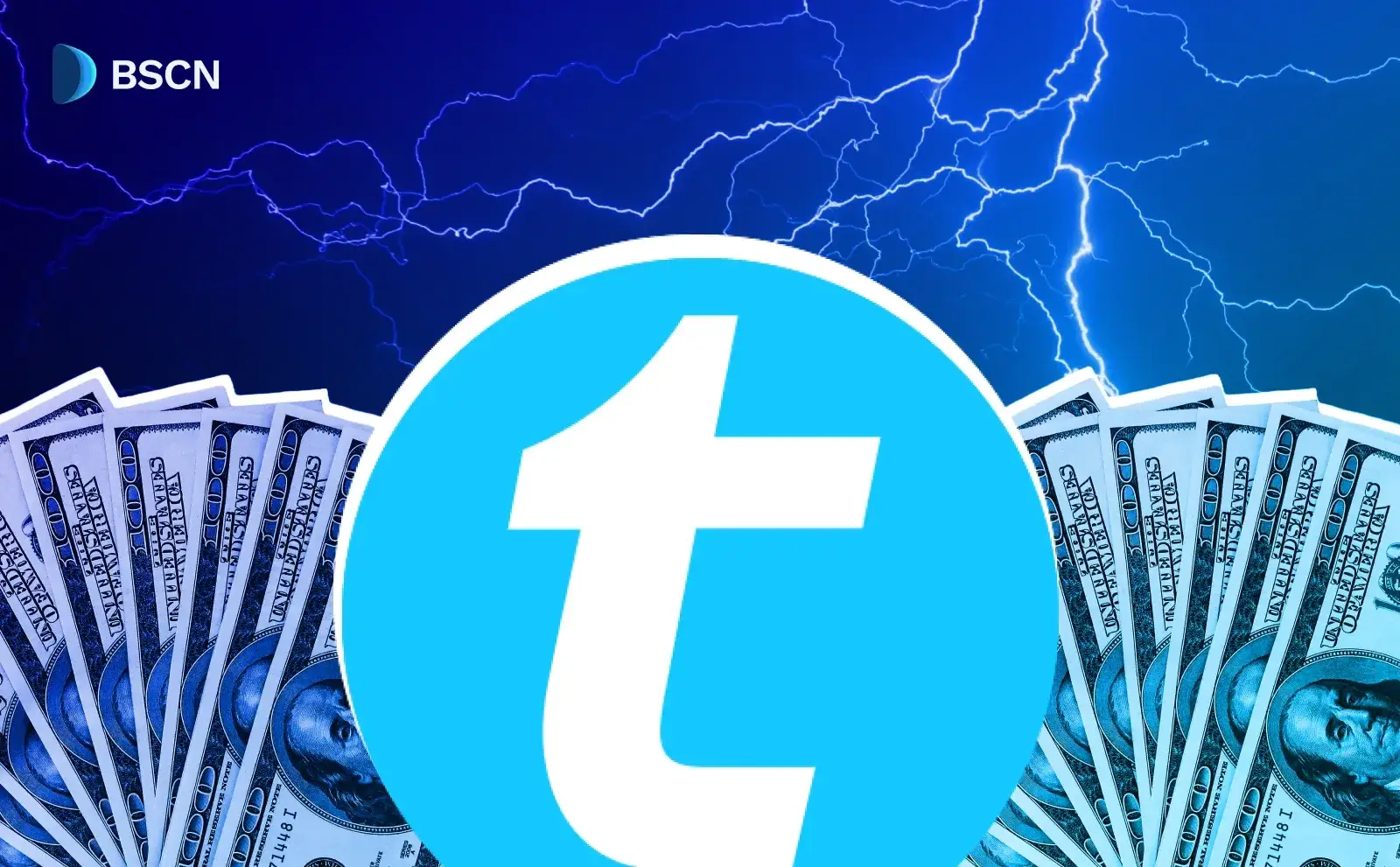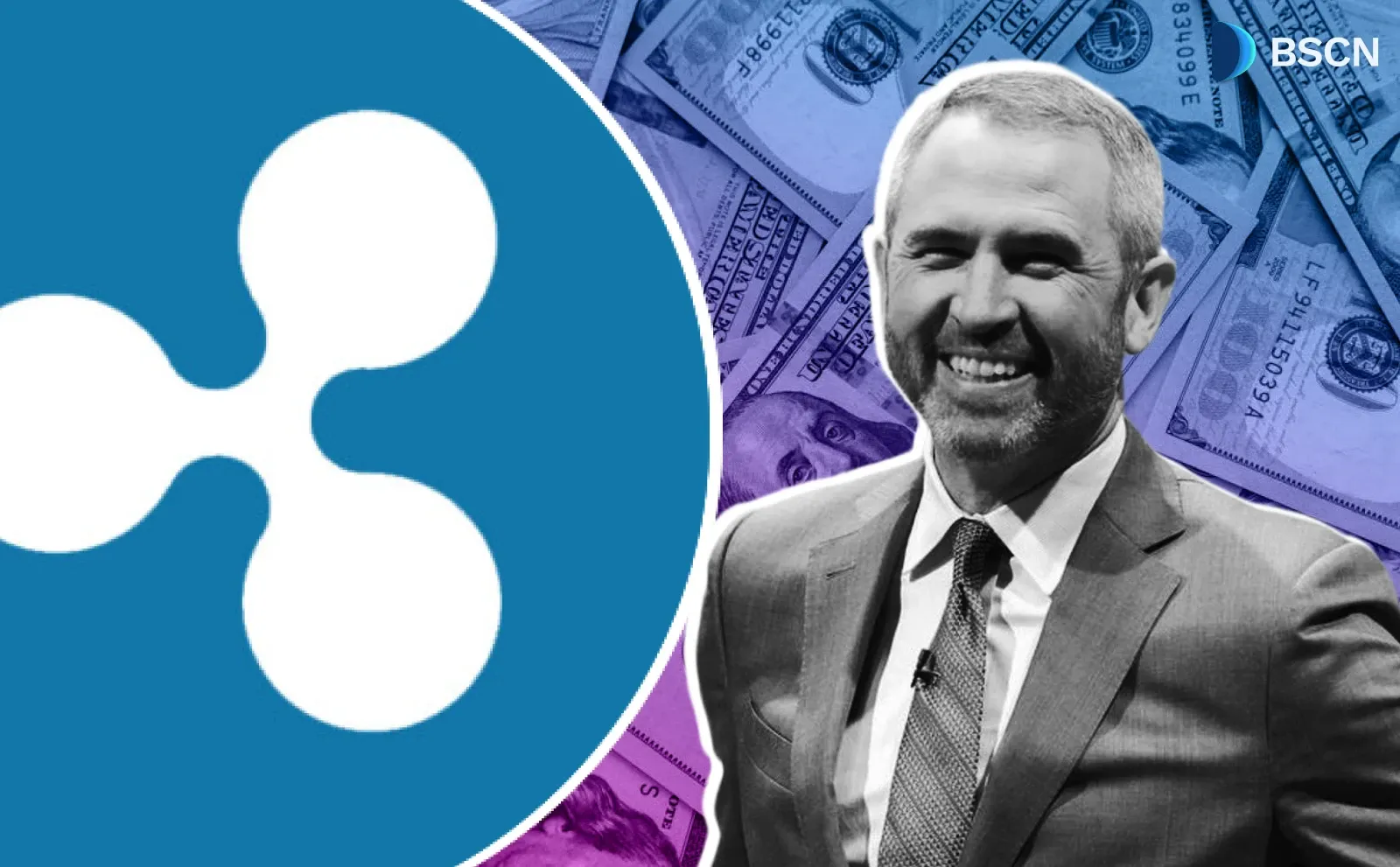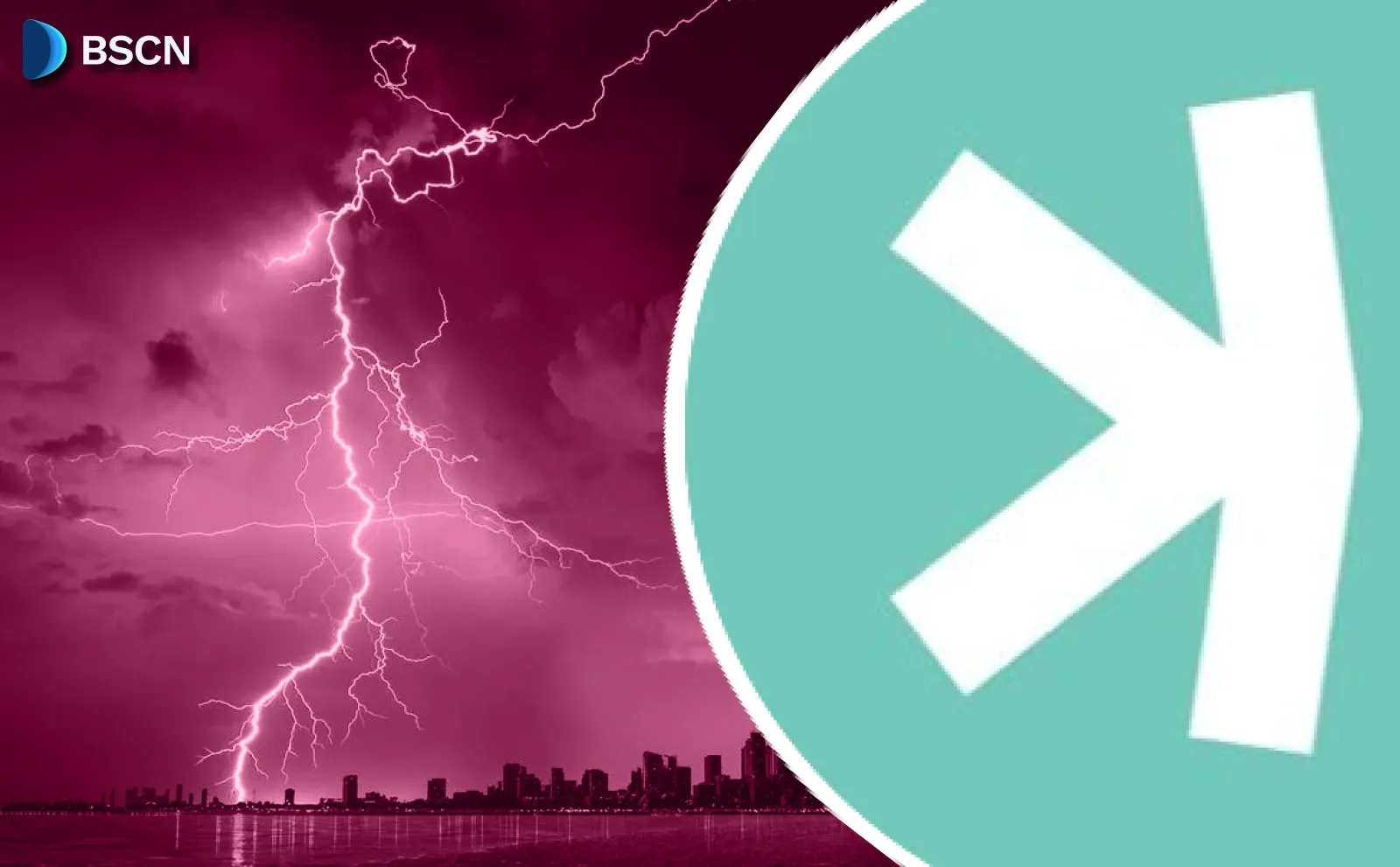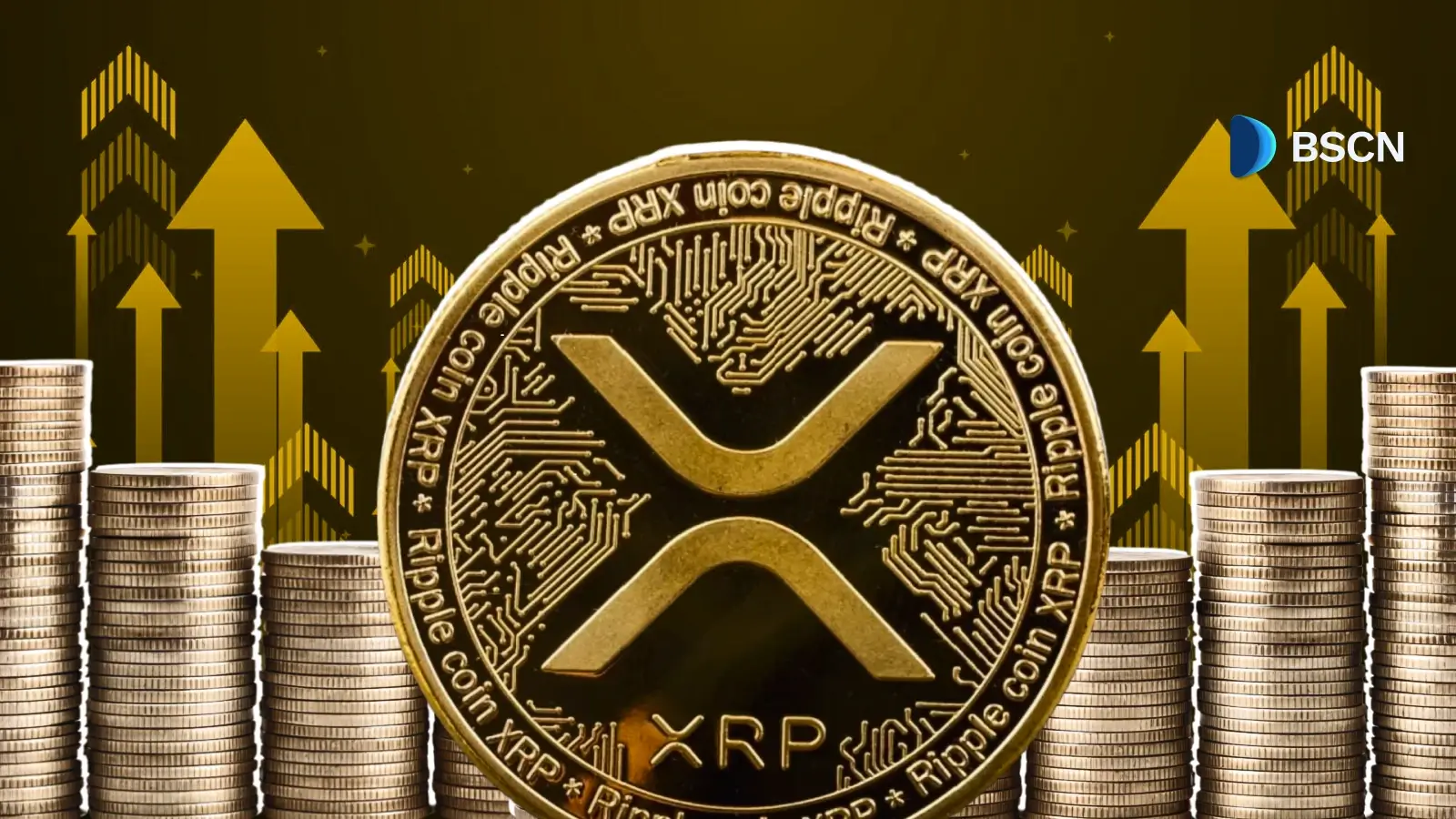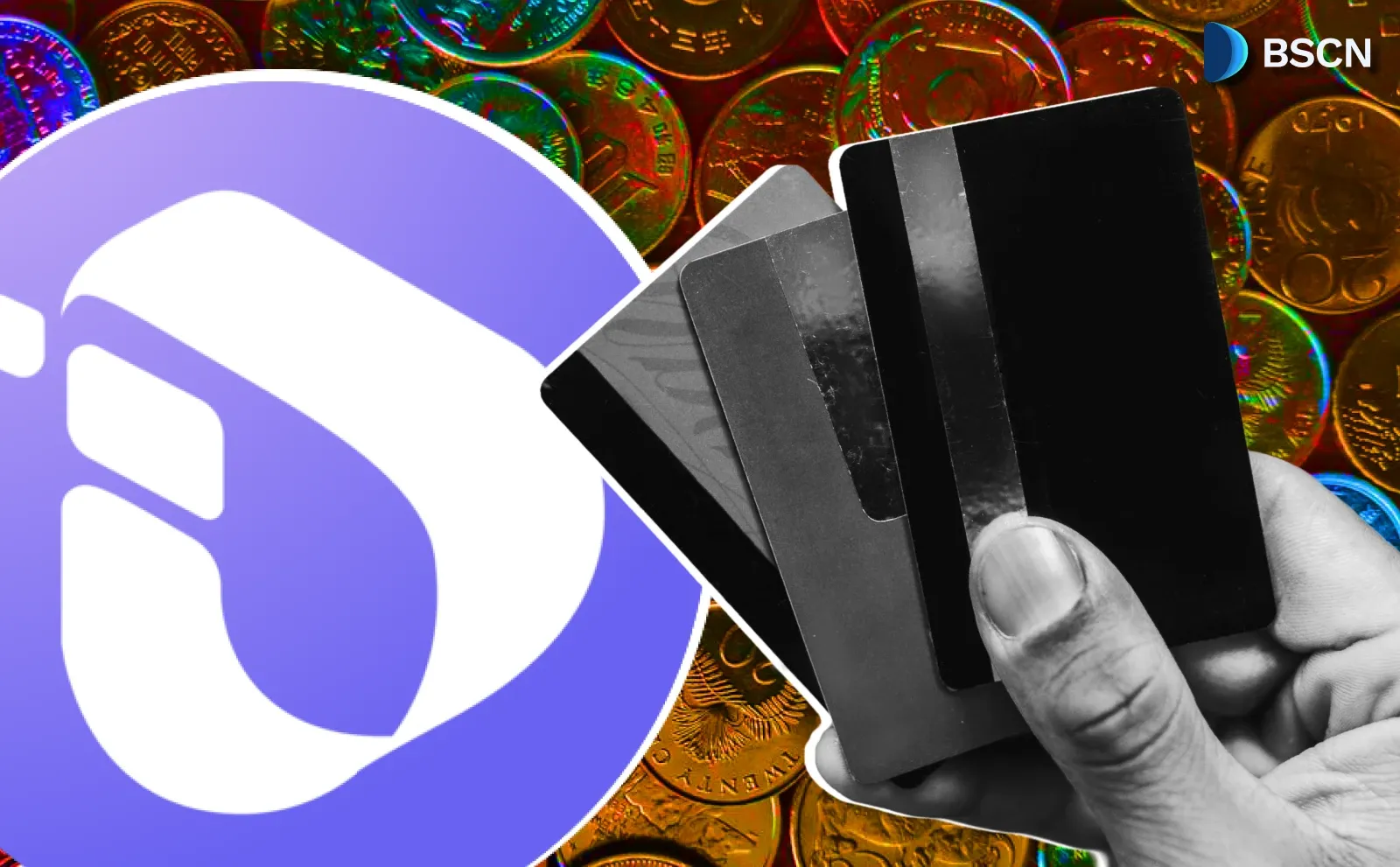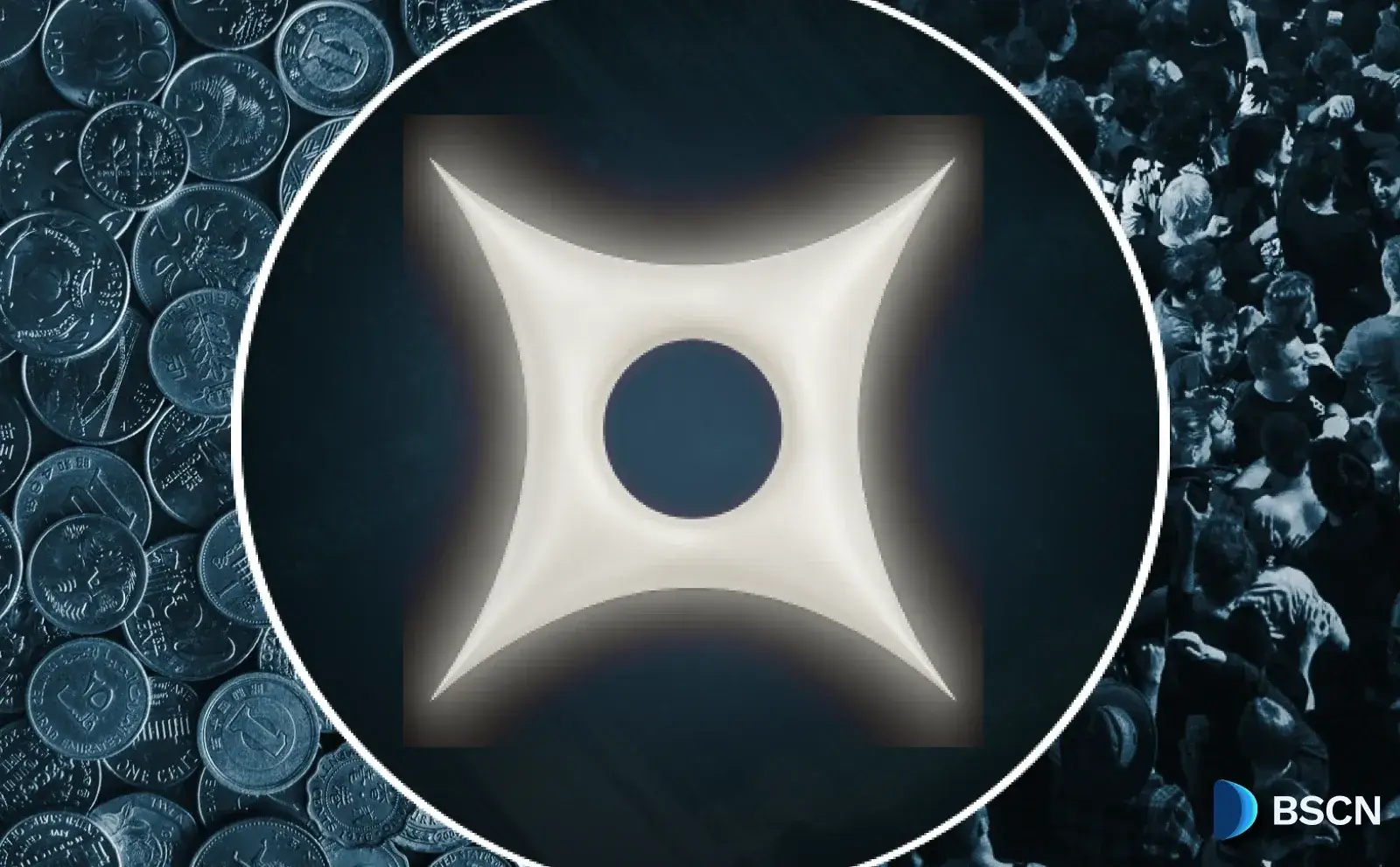Filipino Banks to Launch PHPX Peso Stablecoin on Hedera Network

The goal is to improve cross-border payments, particularly remittances, by offering faster and more affordable transactions.
Soumen Datta
January 10, 2025
Table of Contents
Several prominent Filipino banks are set to launch a multi-bank peso-backed stablecoin called PHPX this year. The initiative will leverage the Hedera Distributed Ledger Technology (DLT) network, which offers the potential to improve cross-border payments, particularly remittances, for Filipinos working abroad.
This collaborative effort involves several key banks including UnionBank of the Philippines, Rizal Commercial Banking, Cantilan Bank, and the Rural Bank of Guinobatan.
A Shift Toward a Publicly Exchangeable Stablecoin
For years, UnionBank, through its fintech spin-off UBX, has been active in blockchain development. This includes managing a quasi-stablecoin network that operates within a closed loop, serving rural and community banks that are not part of the national retail payment system (NRPS).
However, as technology and market needs evolve, UnionBank now aims to take the next step. UBX CEO John Januszczak explained that the goal is to create a publicly exchangeable stablecoin that can support use cases beyond the existing closed-loop ecosystem.
The emphasis is on creating a stablecoin that can be used for not just local payments but also facilitate international money transfers with greater speed and control.
The Role of PHPX in Cross-Border Remittances
The Philippines is one of the world’s top recipients of remittances, with over $40 billion flowing into the country annually. This represents around 10% of the nation’s GDP, highlighting the importance of remittances to the Filipino economy.
Per reports, the current remittance systems are often slow and costly. Traditional methods involve high fees, long processing times, and a lack of control for the sender over how the money is used.
PHPX aims to address these issues. By using blockchain technology and stablecoins, the initiative promises faster, more efficient, and cost-effective remittance services.
Through PHPX, Filipinos abroad will be able to send money directly to their family members’ bank accounts, digital wallets, or even provide direct payments for school tuition and other financial commitments. The goal is to make remittances more convenient and impactful, allowing senders to have more control over how their money is used back home.
Additionally, PHPX could be used domestically for point-of-sale (POS) payments, providing a more efficient alternative to traditional payment systems.
A Solution for Multi-Currency Stablecoin Exchange
Cross-border payments often require the exchange of different currencies. PHPX plans to address this challenge by creating a multi-currency stablecoin exchange. This exchange will allow users to swap PHPX with other foreign currency stablecoins such as USD, SGD, or JPY. The introduction of this exchange will rely on liquidity providers, which could include the participating banks and other qualified investors in the Philippines.
This multi-currency system is designed to be regulatory compliant, ensuring that it adheres to the necessary legal frameworks. In the future, as the stablecoin network grows, more decentralized liquidity providers may participate, making the system more robust and competitive.
The stablecoin will be issued by multiple banks, with reserves held in segregated trust accounts. These accounts will primarily contain government bonds, ensuring that the funds backing PHPX are safe and protected from potential bank failures.
In addition, the design of PHPX aligns with global standards for stablecoins. To comply with Basel Committee regulations on crypto assets, PHPX will be built on the Hedera DLT network, which is permissioned and qualifies as a low-risk stablecoin. This ensures that the token will meet the stringent requirements of regulators such as the Bangko Sentral ng Pilipinas (BSP).
For this to happen, however, it is essential to first establish the necessary infrastructure for the stablecoin. The banks involved in the project will play a crucial role in ensuring that PHPX is integrated into the country’s financial systems and that it complies with regulatory requirements.
The earliest launch date for PHPX is expected to be between May and July this year, pending regulatory approval.
Read Next...
Disclaimer
Disclaimer: The views expressed in this article do not necessarily represent the views of BSCN. The information provided in this article is for educational and entertainment purposes only and should not be construed as investment advice, or advice of any kind. BSCN assumes no responsibility for any investment decisions made based on the information provided in this article. If you believe that the article should be amended, please reach out to the BSCN team by emailing [email protected].
Author
 Soumen Datta
Soumen DattaSoumen has been a crypto researcher since 2020 and holds a master’s in Physics. His writing and research has been published by publications such as CryptoSlate and DailyCoin, as well as BSCN. His areas of focus include Bitcoin, DeFi, and high-potential altcoins like Ethereum, Solana, XRP, and Chainlink. He combines analytical depth with journalistic clarity to deliver insights for both newcomers and seasoned crypto readers.
Crypto Project & Token Reviews
Project & Token Reviews
Comprehensive reviews of crypto's most interesting projects and assets
Learn about the hottest projects & tokens







